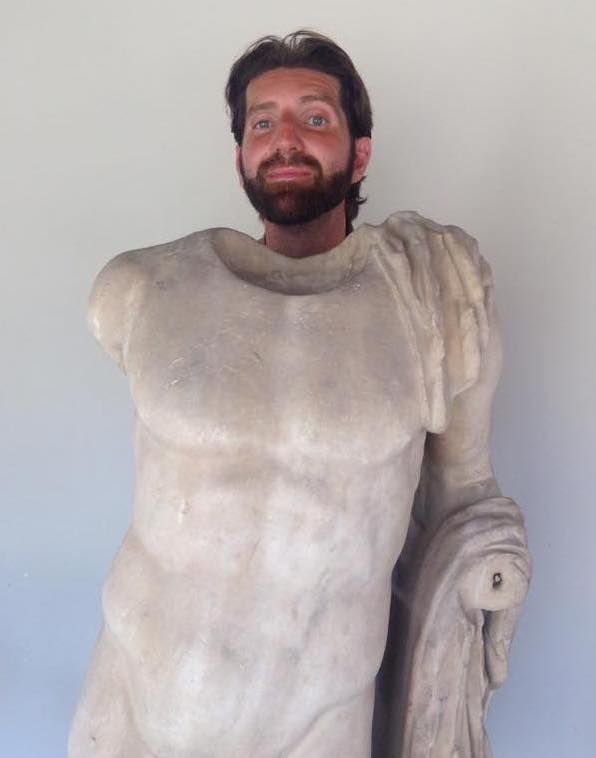Coin Telegraph’s article, ‘Bitcoin can’t be viewed as an untraceable ‘crime coin’ anymore’ by Brad Yasar, highlights a pervading problem with Bitcoin’s PR. The public perception of Bitcoin is that it’s a vehicle to circumvent restrictions and regulations. As pointed out, this couldn’t be further from the truth and it’s only a matter of time before the public’s perception is changed as a result of mass adoption and subsequent education.
Taking this one step further, the same perception exists around CoinJoin, if not even moreso. As a result of numerous articles published by Blockchain research companies like Elliptic, CoinJoin is being associated with hackers and thieves. CoinJoin is complex and the underreported side of this argument is that more and more people are recognizing the value of their financial privacy.
In the early days of the internet and social media, everyone (including the original entrepreneurs and innovators) saw the potential good all this interconnectedness could bring. But now that these services have grown into some of the largest corporations on Earth, people are starting to question their motives and the ethics of how this wealth of information on themselves is being used.
Movies like Netflix’s The Social Dilemma and Apple’s advertisements are highlighting their concern for their user’s privacy (however skin deep it may be) and have raised the public’s attention as to how their privacy is being habitually violated. Just like Bitcoin, the overwhelming majority of CoinJoin users are average people. From die-hard libertarians to people who are simply trying to use Bitcoin in a country where it is curtailed, there are many reasons to want privacy and Wasabi Wallet is the solution in an ecosystem where there is none.
Suggestions on how to spin Bitcoin & CoinJoin:
Plastic lobbyists recognized early on that they needed to manage the perception of the plastics industry. As studies began revealing the negative impact their product is having on the environment they programmed us to believe that it’s our responsibility to keep the environment clean rather than allowing governments to regulate the producers and hold them accountable.
Unfortunately, Bitcoin doesn’t have a multimillion dollar lobbying team (nor should it). It can’t easily set the record straight when a slanderous article is published or when a wealthy celebrity changes their mind and labels it unclean. There are lobbyists representing the public’s interests regarding privacy, but without millions and millions of dollars from corporate backing, inaccurate public perception is going to continue to have the biggest impact on any government’s stance.
In this instance, perhaps it would help Bitcoin’s adoption if there were a campaign persuading everyone that it’s up to us to pay our taxes. Instead of trying to regulate Bitcoin, we should make a public service announcement saying that it’s the user’s job to make sure their taxes are paid, not the government’s.

Elon Musk tactfully posted a photo as a blatant statement to regulators visually demonstrating that they are impeding mankind’s progress. I agree with Eric Berger’s article on Ars Technica in that this was a deliberate jab at the FAA (Federal Aviation Authority). My question is; however, where is the Bitcoin version of this image? Where is the iconic picture of Bitcoin that highlights the impediment regulations are imposing on humanity’s mass adoption of the decentralized currency? A picture that represents the independence and stability Bitcoin has given to those people who’s central government has failed them by irresponsibly mismanaging their countries financial system (elbow nudge @Alex Gladstein). Can there be an image which illustrates these things?
Aside from the suggestions, the stigma behind Bitcoin is initially negative for most people. But perhaps this is the nature of things that are new. People were so accustomed to horse-drawn carriages that public sentiment looked down on dirty, loud automobiles when they first came out. Thus, is it only a matter of time before Bitcoin becomes so commonplace that we’re going to look back at these perceptions as ridiculous?






